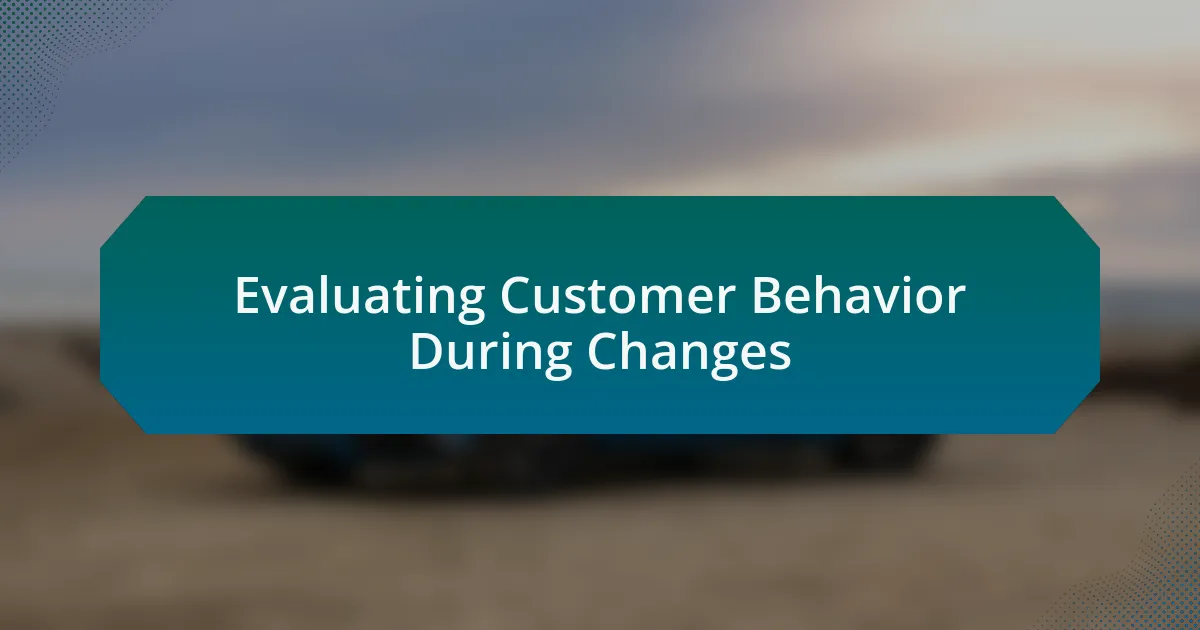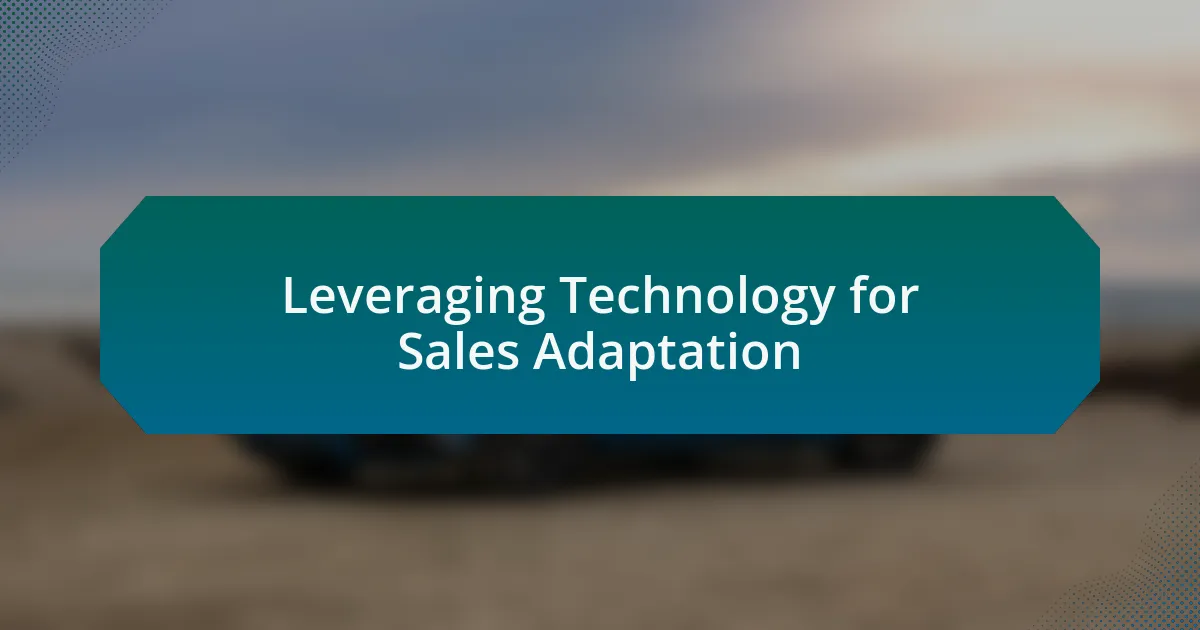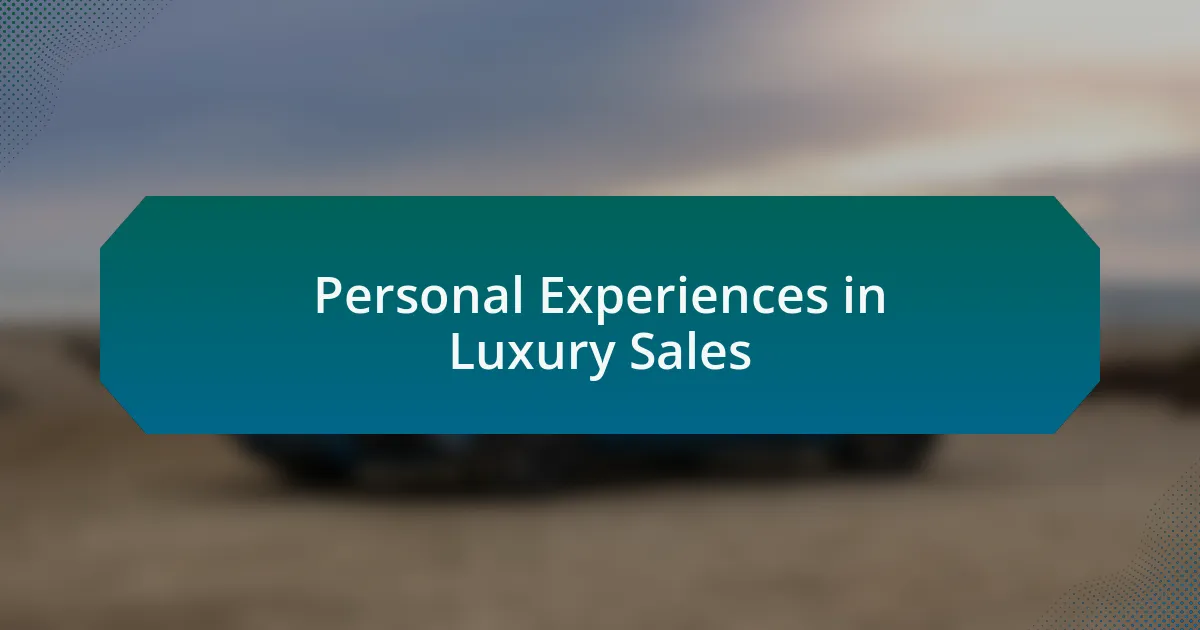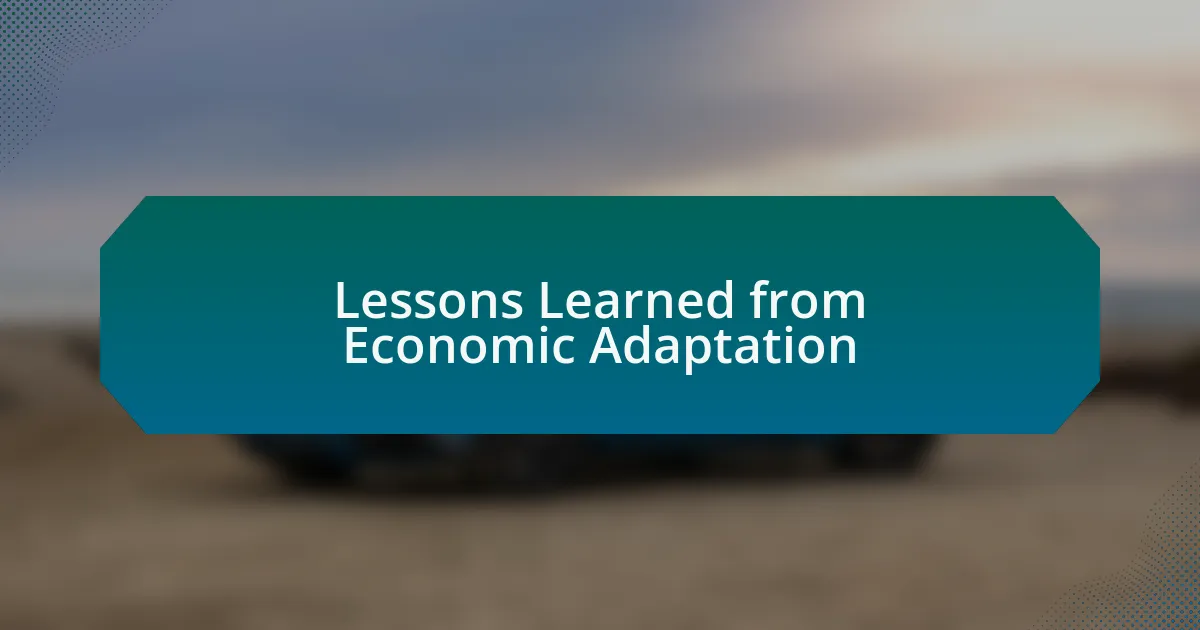Key takeaways:
- Emotional reassessment influences luxury purchasing decisions, especially during economic changes.
- Leveraging technology, such as CRM systems and digital marketing, enhances customer engagement and sales strategies.
- Creating personalized experiences and understanding client stories fosters strong connections in luxury sales.
- Adaptation through transparent communication and tailored financing solutions builds trust and confidence among clients during economic downturns.

Evaluating Customer Behavior During Changes
When evaluating customer behavior during economic changes, I often find that emotions play a critical role. For example, during a recession, I observed that some of my clients felt an emotional tug-of-war between their desire for luxury and the fear of financial instability. Isn’t it fascinating how a mere economic shift can alter our psyche and purchasing decisions?
I’ve seen firsthand how luxury car buyers shift their priorities based on their financial security. One client I worked with, for instance, delayed a long-awaited upgrade to a high-end model, opting instead for a certified pre-owned option. It made me wonder, how often do our choices pivot more on emotional reassessment than mere financial considerations?
Additionally, I noticed that some customers began to seek out more value—features and services that felt substantial without sacrificing the brand’s luxury essence. This change in behavior challenged me to highlight the nuanced benefits of each model, ensuring that customers felt confident in their decisions, regardless of economic uncertainties. It’s all about connecting with their evolving needs; after all, who wouldn’t appreciate a reason to feel good about their investment?

Leveraging Technology for Sales Adaptation
In this rapidly changing landscape, I turned to technology as my ally to adapt my sales strategies. Utilizing advanced customer relationship management (CRM) systems not only streamlined my operations but also provided invaluable insights into customer preferences. I often think, how much more effective could my outreach be if I truly understood my clients’ needs?
Digital marketing tools have significantly transformed my approach to reaching potential buyers. By leveraging data analytics, I could tailor advertisements and promotions to specific demographics, enhancing engagement. There was a moment when an online campaign led to a surprising uptick in inquiries about eco-friendly luxury vehicles. It made me realize the power of targeted messaging—how closely aligning with consumer values can drive interest and sales.
Embracing virtual reality for immersive experiences also became a game-changer in my interactions with clients. When I introduced virtual showrooms, I witnessed firsthand how they resonated with customers who preferred the safety of shopping from home. Reflecting on this, I can’t help but ask, how drastically could technology reshape our future interactions in the luxury car market? The possibilities seem endless, and the adaptability it fosters is something I deeply value in my sales journey.

Personal Experiences in Luxury Sales
Luxury sales have been a journey filled with unique encounters and challenges. I remember a specific client who walked into my showroom looking disheartened after visiting multiple dealerships that failed to meet their expectations. Taking the time to understand their story not only turned that moment into a sale but also taught me the importance of empathy in luxury sales. It makes me wonder—how often do we focus on numbers and forget about the human connections that drive our business?
One memorable experience was when I was tasked with selling a limited-edition luxury car to a first-time buyer. The excitement was palpable, but I quickly realized that this wasn’t just a transaction; it was about crafting a narrative. I spent hours creating a tailored experience, from a detailed tour of the vehicle’s features to highlighting its exclusive design. Seeing their eyes light up as they drove it off the lot reminded me that selling luxury is really about creating unforgettable moments.
In another instance, I faced a sudden shift in market demand that pushed me to rethink my inventory strategies. As the interest in electric luxury vehicles surged, I found myself questioning how I could better align my offerings with this trend. Watching potential buyers light up over eco-conscious options was a turning point for me—it’s not just about selling cars; it’s about promoting a lifestyle that resonates with evolving values. How can we continually adapt and anticipate our clients’ desires in such a dynamic market?

Lessons Learned from Economic Adaptation
Adapting to economic changes in the luxury car market was a valuable lesson in resilience for me. When the economy took a downturn, I noticed clients became more hesitant. This nudged me to build trust through transparent communication—something I’ve found essential in any market climate. Imagine how reassuring it felt for buyers to hear about the long-term investment potential of luxury vehicles, even when times were tough.
I distinctly remember a period when financing options became a hot topic. By offering tailored financing solutions, I realized that I wasn’t just addressing a need; I was alleviating concerns. It was a rewarding experience to see clients leave with a renewed sense of confidence, knowing they had found a deal that fit their financial landscape. Isn’t it fascinating how we can turn a challenging situation into a win-win for everyone?
Moreover, my shift towards more digital marketing strategies taught me about the importance of staying ahead of trends. Embracing social media and online platforms was daunting, but I started sharing engaging content that highlighted not just the cars but the lifestyle they represented. This pivot not only expanded my reach but also opened dialogue, allowing me to connect with clients on a deeper level. How often do we find hidden opportunities when we step out of our comfort zones?